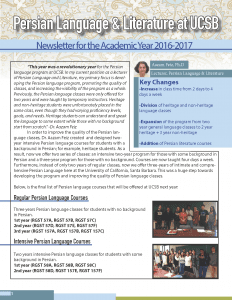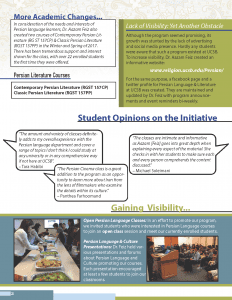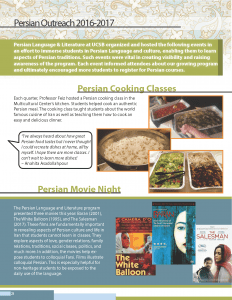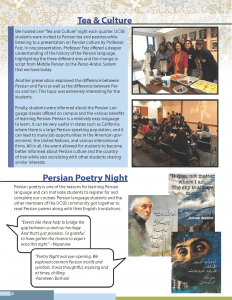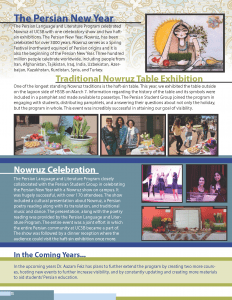David Gordon White, Rowny Professor Emeritus of Comparative Religion, Religious Studies, UCSB
“History Is Not Bunk, Revisited: The Place of History in the History of Religions”
Richard Hecht, Professor, Religious Studies, UCSB, respondent
Followed by a reception and happy hour
David White: At the November 1995 annual meeting of the AAR, I presented a paper titled “History is Not Bunk.” That paper would later be published under the title “The Scholar as Mythographer: Comparative Indo-European Myth and Postmodern Concerns,” in the 1999 volume A Magic Still Dwells: The Case for Comparative Religion in the Postmodern Age. In between, I re-presented that paper and my ideas behind it at a raucous departmental colloquium held here at UCSB, where I had arrived as a newly minted faculty member in the fall of 1996. That colloquium was presided by Richard Hecht, our long-standing departmental Chair. It is partly for that reason that I have asked Richard to help me to recover the effervescence of that colloquium, some 24 years on. More than this, I want to return to the questions that I was grappling with at the time, questions to which I returned a year ago, while writing the conclusion to my forthcoming book, Dæmons Are Forever: Contacts and Exchanges in the Eurasian Pandemonium. In writing that conclusion, I came to realize that I had missed one of the essential points made by Jonathan Z. Smith concerning the comparative study of religion, and that in so doing, I had given him a pass on what I now see as an essential flaw in his analysis. That flaw concerns his dismissal of the historical method as an unsatisfactory form of comparison, which he termed “genetic,” “diffusionist,” “evolutionary”—and, in his later writing “genealogical,” contrasting this unfavorably to an approach based on “analogous processes, responding to parallel kinds of religious situations,” affording scholars “the means by which we ‘re-vision’ phenomena as our data in order to solve our theoretical problems.” This is also the approach that Bruce Lincoln has embraced over the past decades. In this colloquium, I will argue against this comparative history approach, and rather suggest that by writing “connected histories” of religions, we may restore history to the field of the History of Religions.











